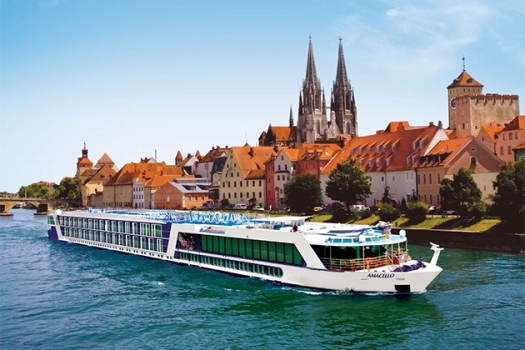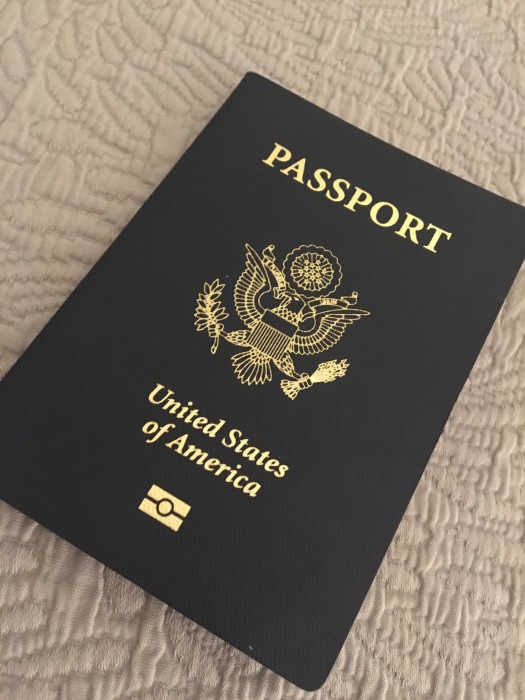Every January, the New York Travel Show hosts America’s premier travel industry event, with more than 500 exhibitor booths, 250 industry speakers and colorful brochures galore. Over 100 cultural presentations beguile would-be travelers with a taste of exotic destinations. At the same time, locations closer to home are viewed anew and added to the “must visit” bucket list.

According to industry leaders, travel is alive and well in 2017 – booming, in fact, and apace with technology and digital innovations. Here are some insights (and some surprises) from the Keynote Panel delivered to travel industry professionals attending the show.
1. Travel Agents represent a growth field within the industry

You might have thought that the explosive growth of online travel aggregators, tour, hotel and airline portals – not to mention big hiccups in the economy – would trigger the decline of the very personal and at one time, necessary, travel professional. While the field has changed industry leaders report the role of the travel agent is bouncing back, in a different business model that includes savvy use of social media.

The value proposition of human contact to guide the traveler through the planning stages, providing knowledgeable advice, including complicated logistical assistance in exotic locales, and ‘being there’ should blips occur, adds a layer of reassurance not found in online booking. Whether it is a Boomer’s European luxury tour-of-a-lifetime or finding an unusual experiential adventure or eco-based trip, the role of the travel agent has an enduring and important place in the travel ecosystem.
2. Millennials are the likeliest demographic in the U.S. to use travel agents
One might expect that the Boomer generation, with more time, resources and perhaps less familiarity with DIY and online travel options, would account for the largest portion of travel agent users. Not so. The largest demographic is the Millennial cohort, the 30-somethings who are avid travelers. According to a 2015 industry survey, 39% plan to use travel agents for their upcoming travel planning versus 16% of Boomers.
Millennials are quite willing – and able – to pay for outsourcing travel expertise. They are communally driven, so seek travel experts’ support in arranging bespoke group trips. Travel professionals who provide an “awesome” trip experience, chronicled on their clients’ Facebook and other social feeds, quickly build a ‘go-to’ reputation among this affluent and experience-based generation of travelers. It’s a new business model for travel agents, but at its root it is still about customer service.
3. The evergreen yet changing face of cruises



Given the perception that cruise ships are larger than ever, and the idea that more of them are plying the seas, I was astounded to learn that the combined number of cabins in the cruise industry equals just 2% of all available hotel rooms world-wide. That doesn’t appear to be changing materially any time soon, as ships are replaced rather than the capacity increased.
What is paramount, however, is the unique shipboard experience – be it port-to-port, river, trans-oceanic, exotic or just plain vanilla. That’s where the line’s brand promise and, importantly, the guidance of travel agents, comes into play. The agents’ understanding of the many cruise options – not just the price, destination or amenities – but the gestalt of experience and expertise paired with their client traveler is key. It’s likely to deliver the best cruise experience so that expectations are met, even exceeded. Important as cruise lines seek to differentiate themselves, develop a loyal customer base, and grow their reputations. It’s a win/win/win.
4. Technology is everywhere
The ubiquitous nature of technology is no surprise. In travel, it can serve as a real plus, especially on the consumer experience front, enhancing the human-to-human experience and making an otherwise transactional experience feel very bespoke and personal.
One use of technology is the ‘tag’ – the size of a coin that accompanies a guest around a large resort – it fits into a pocket. It is the Genie in the bottle for the service staff: once activated, it tells the bartender the guest’s favorite drink; if the guest wanders out to the pool after ordering, the waiter will know and follow him/her out to deliver the refreshment. Based on the guest’s activities, the facility can make suggestions likely to please; something different each day.
Sound a bit like Big Brother joining you on vacation? Okay, but when that gin and tonic follows you out to the deck, or the spa staff greet you by name, chances are that this temporary form of surveillance is something you can live with (or, forgo the small luxury and leave the thing in your room).
5. The United States lags behind in international travel

Less than half (46%) of the U.S. population holds a passport – compared to 83% of English (and Welsh, specifically), about 50% of Australians and a whopping 95% of Germans. While the percentage of U.S. passport holders has increased, we’re not especially hungry for international travel. According to experts on Travel Show panel, of the 16 million passports issued in 2016, half were renewal.
So, why? Research suggests reasons ranging from the economic, to the cultural diversity of the U.S. (lessening the desire to experience other cultures in situ), to our country’s sheer size. Our employment practice of 2 weeks of paid vacation (puny compared to Europeans) discourages long and expensive trips. We may also, as a nation, lack a the international travel DNA of other nationalities. We were never the country of explorers; we were the destination of explorers; we Americans simply do not have a tradition of foreign travel.
If you’re one of the many U.S. citizens without a passport and are ready to take the plunge, here is how to get started. It’s time.
Cheers and happy trails,
Jane
© 3 Score & More 2017


hopefully, this does not all change with Trump as President.
LikeLike
Yes, there is a mountain of uncertainty right now…..
LikeLike